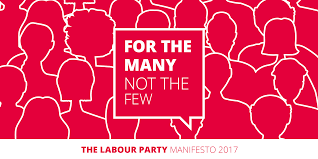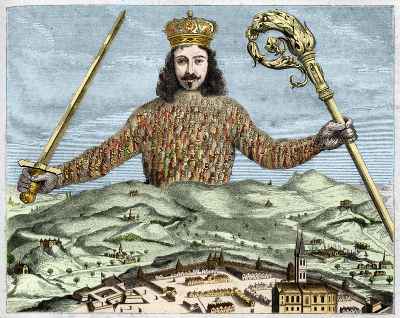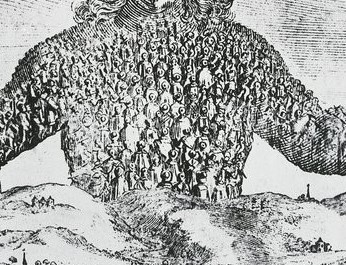Might there be some constitutional catharsis in the political rollercoaster that has manifested in this interesting General Election result?
If there is, which political actor(s) might it touch? The electorate, the politician, both?
In 1967 Sir Lawrence Olivier discussed the cathartic role of Greek tragedy:
“The point of Greek tragedy, which is the original, was to bring huge crowds of people into a house and purify their souls by a catharsis. And I suppose you could call catharsis a purge of the soul. And that was the point of it. And that made them better. It was rather like going through acts of contrition in more modern religion. A confession and penance and act of contrition and absolution. That, in a way, was the same idea. You suffered a tremendous sense of remorse. Now, what can improve on that situation is that if, for instance, in Othello, there can be a time, and there is a time in the play, when I'm perfectly sure that it's right that the audience should be on Iago's side and want him to hurt Othello. This stupid gentleman, this idiot, this brutal sort of savage, go on, thrash him. Thrash him, go on, thrash him. And then it wouldn't matter if you introduced a kind of absurdity into this character to increase the audience's relish at him being tormented. Now then, that's all right provided you're not too late to make them sorry. And then if you do make them very, very sorry, then that is the catharsis we're after.”

Aeschylus Oresteia
Olivier’s interview on catharsis and drama:
http://search.alexanderstreet.com.libezproxy.open.ac.uk/view/work/2806165
It is probably overly fanciful to equate Olivier’s account of Othello with that supranational constitutional actor recently at the heart of popular political drama.
Perhaps that supranational drama has contributed, however, to portrayals on our domestic stage?
“[B]ecause the multitude naturally is not one, but many; they cannot be understood for one; but many authors.” (Hobbes, Leviathan, 1651, Chapter 16, para. 14).
If it were not for the Athenian practice of counting votes with pebbles (hence ‘psephology’ the study of voting patterns deriving from the Greek for pebble) it might be possible, with some imagination, to view the hundreds of thousands of Xs cast on ballot papers across the UK as comprising something akin to a great and dramatic script.
Curiously there appears to be some visual proximity between Labour’s 2017 manifesto ‘For the Many’ and (the frontispiece at least) of Thomas Hobbes’ Leviathan (whether Hobbes presentation copy or the engraving). The ‘many’ are represented in a distinctly similar manner.



The 'many' pictured on both front covers (detail in lower image).
Might this image capture the many authors of a political drama offering constitutional catharsis?
BBC Radio 4 In Our Time on Thomas Hobbes:
http://www.bbc.co.uk/programmes/p003k9l1